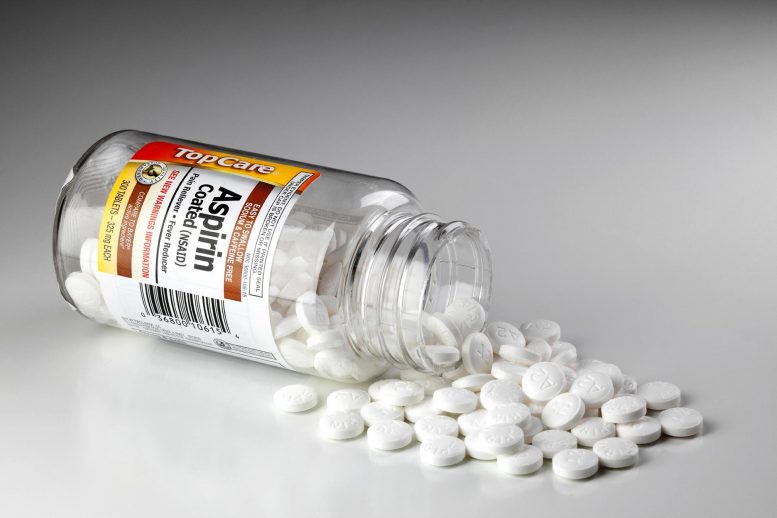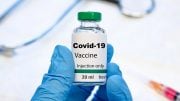
An analysis of the ASPREE trial showed that low-dose aspirin use can result in a 20% increase in anemia and a decrease in ferritin levels in older adults. The study suggests that hidden blood loss, not significant bleeding events, may be the primary cause.
An analysis of the ASPREE (ASPirin in Reducing Events in the Elderly) trial revealed that low-dose aspirin use led to a 20% increase in the occurrence of anemia and a decrease in ferritin (blood iron) levels in otherwise healthy older adults. This suggests that older patients taking aspirin should be regularly monitored for hemoglobin levels. The analysis was published on June 20 in the Annals of Internal Medicine.
Aspirin Usage Among the Elderly in the United States
About half of the elderly population in the United States have reported preventative use of aspirin. Aspirin usage, however, can potentially lead to major bleeding, particularly in the gastrointestinal tract. While the risk of overt bleeding from aspirin use is well-documented, only a handful of studies have explored the effect of aspirin on anemia, especially in older age groups.
The ASPREE Trial: Methodology and Results
Researchers from Monash University, Melbourne conducted a retrospective analysis of the ASPREE randomized controlled trial. This trial included 19,114 participants aged 70 or older, who were randomly given a daily dose of either 100 mg of aspirin or a placebo. Hemoglobin levels were measured yearly, and ferritin was assessed at the start and three years post-randomization. The data indicated a 23.5% risk of anemia development among the low-dose aspirin group. This risk was accompanied by a minor, yet greater, decrease in mean hemoglobin and a more significant decline in ferritin levels in the aspirin group.
Potential Causes and Implications
Clinically significant bleeding events did not account for the overall difference in anemia incidents or the ferritin decline observed in the ASPREE trial. Instead, it is likely that hidden blood loss, as suggested by the steeper ferritin decline in aspirin users, is the primary cause.
Reference: “Effect of Low-Dose Aspirin Versus Placebo on Incidence of Anemia in the Elderly: A Secondary Analysis of the Aspirin in Reducing Events in the Elderly Trial” by Zoe K. McQuilten, MB, BS, PhD, Le Thi Phuong Thao, PhD, Sant-Rayn Pasricha, MB, BS, PhD, Andrew S. Artz, MD, MS, Michael Bailey, PhD, Andrew T. Chan, MD, MPH, Harvey Jay Cohen, MD, Jessica E. Lockery, MB, BS, PhD, Anne M. Murray, MD, MSc, Mark R. Nelson, MB, BS, PhD, Hans G. Schneider, MD, Rory Wolfe, PhD, Robyn L. Woods, PhD, Erica M. Wood, MB, BS and John J. McNeil, MB, BS, PhD, 20 June 2023, Annals of Internal Medicine.
DOI: 10.7326/M23-0675








Be the first to comment on "Elderly Beware: Sneaky 20% Boost in Anemia Risk With Low-Dose Aspirin Use"